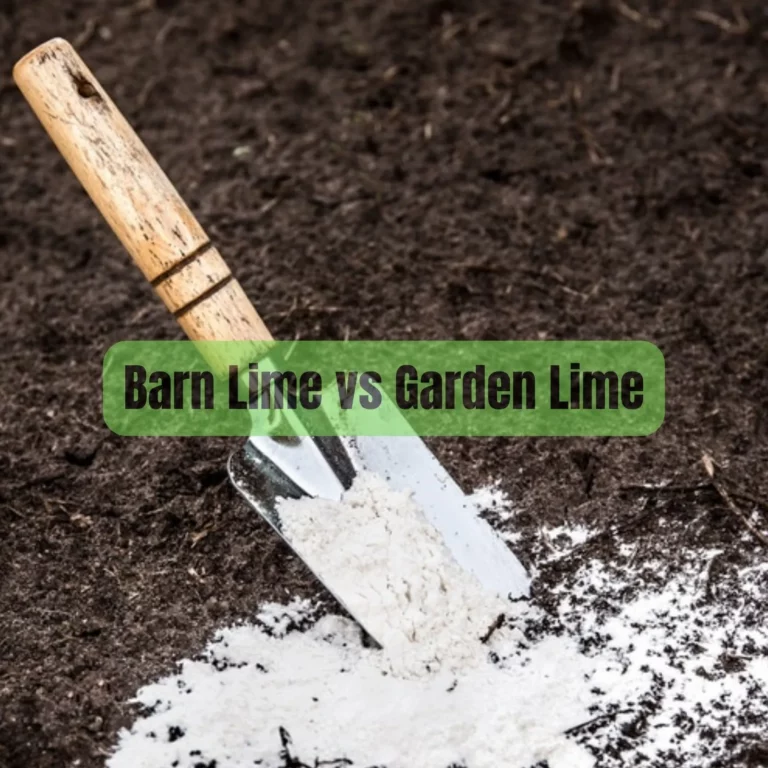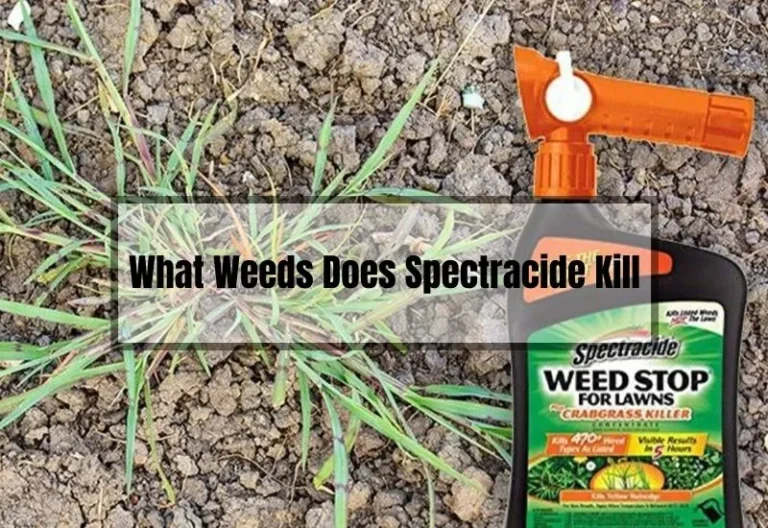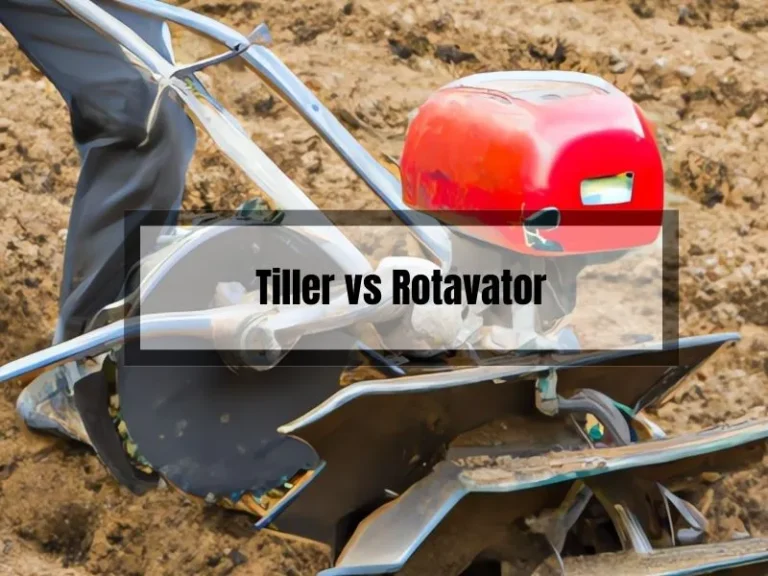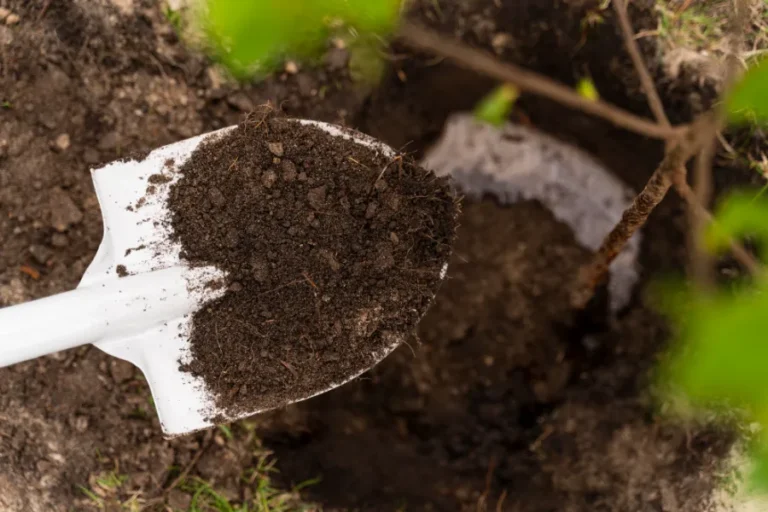Is Charcoal Good for Plants? A Friendly Guide to Understanding the Benefits of Charcoal for Your Garden
If you’re a gardener, you might be wondering if charcoal is good for your plants. The short answer is yes, but it’s important to understand how to use it properly. Charcoal can be a great addition to your garden, but it’s not a cure-all solution. It’s important to understand the properties of charcoal and how it can benefit your plants.
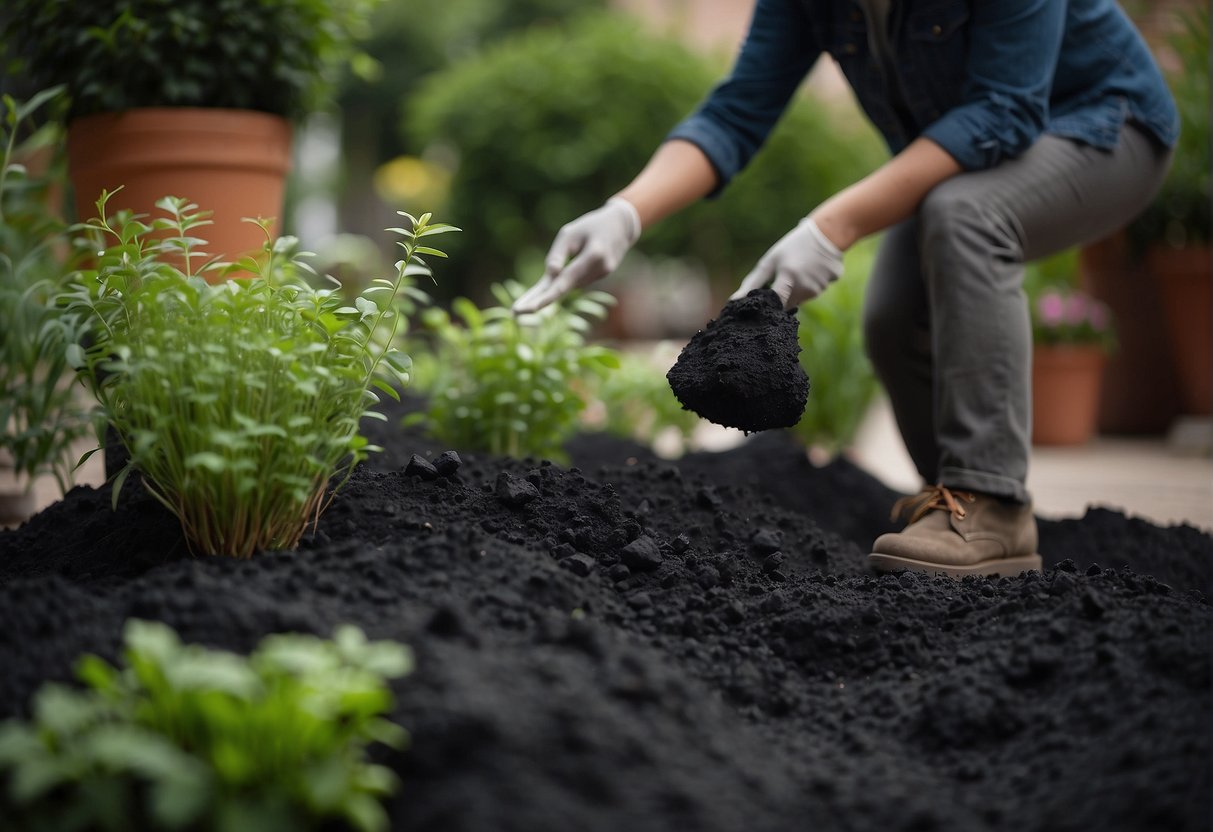
Charcoal has many properties that make it beneficial for plants. It can help improve soil fertility, control weeds, and prevent frost damage. It can also absorb excess water from the roots of your plants and protect against bacteria, fungus, and rot. However, it’s important to use charcoal correctly and not overdo it. Too much charcoal can harm your plants and kill beneficial bacteria in the soil.
Key Takeaways
- Charcoal can be a great addition to your garden, but it’s important to understand how to use it properly.
- Charcoal can help improve soil fertility, control weeds, and prevent frost damage.
- Too much charcoal can harm your plants and kill beneficial bacteria in the soil.
Understanding Charcoal and Its Properties
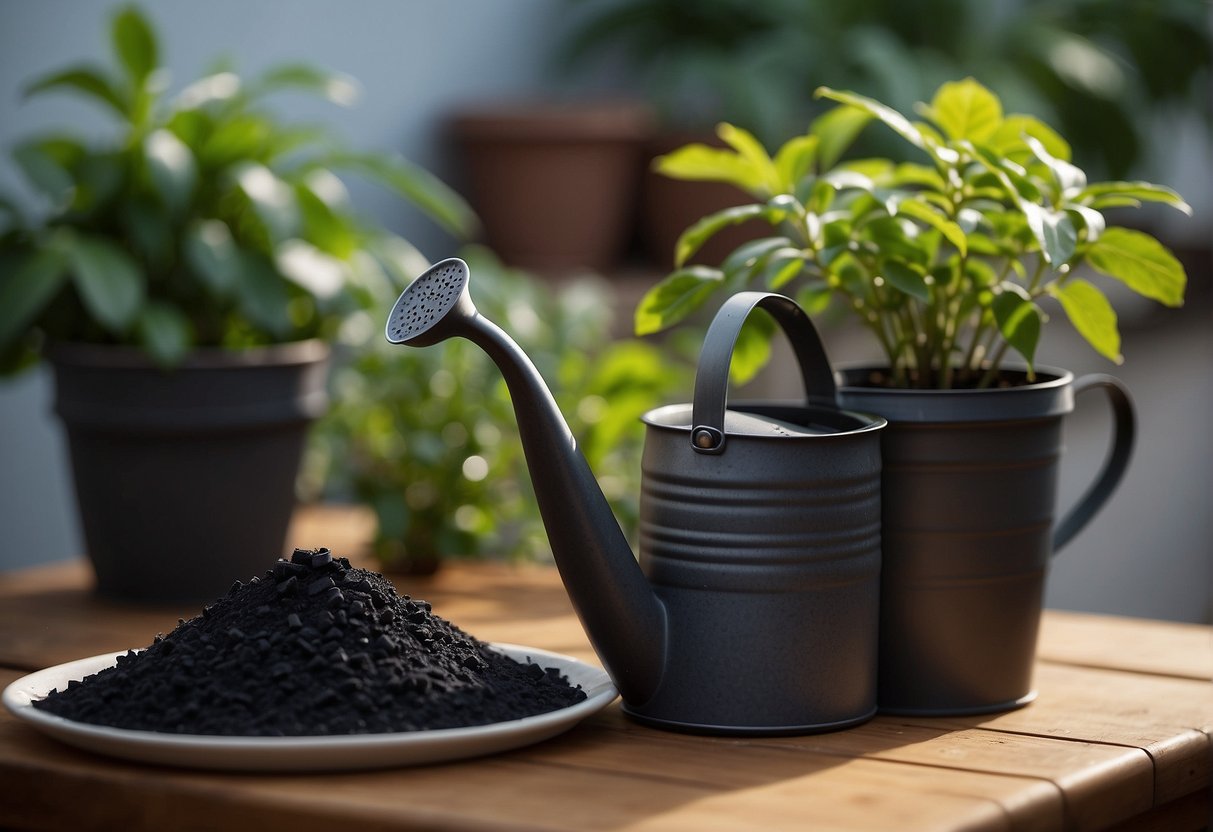
Charcoal has become increasingly popular among gardeners as a soil amendment for its many benefits. In this section, we will discuss the types of charcoal and the key components that make it an effective addition to your plant care routine.
Types of Charcoal
There are several types of charcoal available, but the three most commonly used for gardening purposes are horticultural charcoal, activated charcoal, and lump charcoal.
- Horticultural Charcoal: This type of charcoal is made from hardwood and is heated in a kiln to remove impurities. It is then ground into small pieces and used as a soil amendment. Horticultural charcoal helps to improve soil drainage, absorb excess moisture, and prevent soil compaction.
- Activated Charcoal: Activated charcoal is made by heating charcoal at high temperatures in the presence of gas. This process creates a highly porous material that is capable of absorbing toxins and impurities. Activated charcoal can be used in soil mixes to help remove harmful chemicals and pollutants.
- Lump Charcoal: Lump charcoal is made by burning wood in the absence of oxygen. This produces a high-quality charcoal that is free of additives and chemicals. Lump charcoal is often used in barbecuing, but it can also be used as a soil amendment.
Key Components of Charcoal
Charcoal is primarily composed of carbon, but it also contains several other beneficial components. These include:
- Micropores: Charcoal contains tiny micropores that help to improve soil aeration and water retention. These pores also provide a habitat for beneficial microorganisms that help to break down organic matter.
- Minerals: Charcoal contains several beneficial minerals, including calcium, magnesium, and potassium. These minerals help to improve soil fertility and promote plant growth.
- Absorbency: Charcoal has a high absorbency rate, which allows it to absorb excess moisture and prevent soil compaction. This helps to create a healthy growing environment for your plants.
In summary, charcoal is a versatile and effective soil amendment that can help to improve soil quality and promote plant growth. When used correctly, it can help to create a healthy and thriving garden.
Benefits of Charcoal for Plants
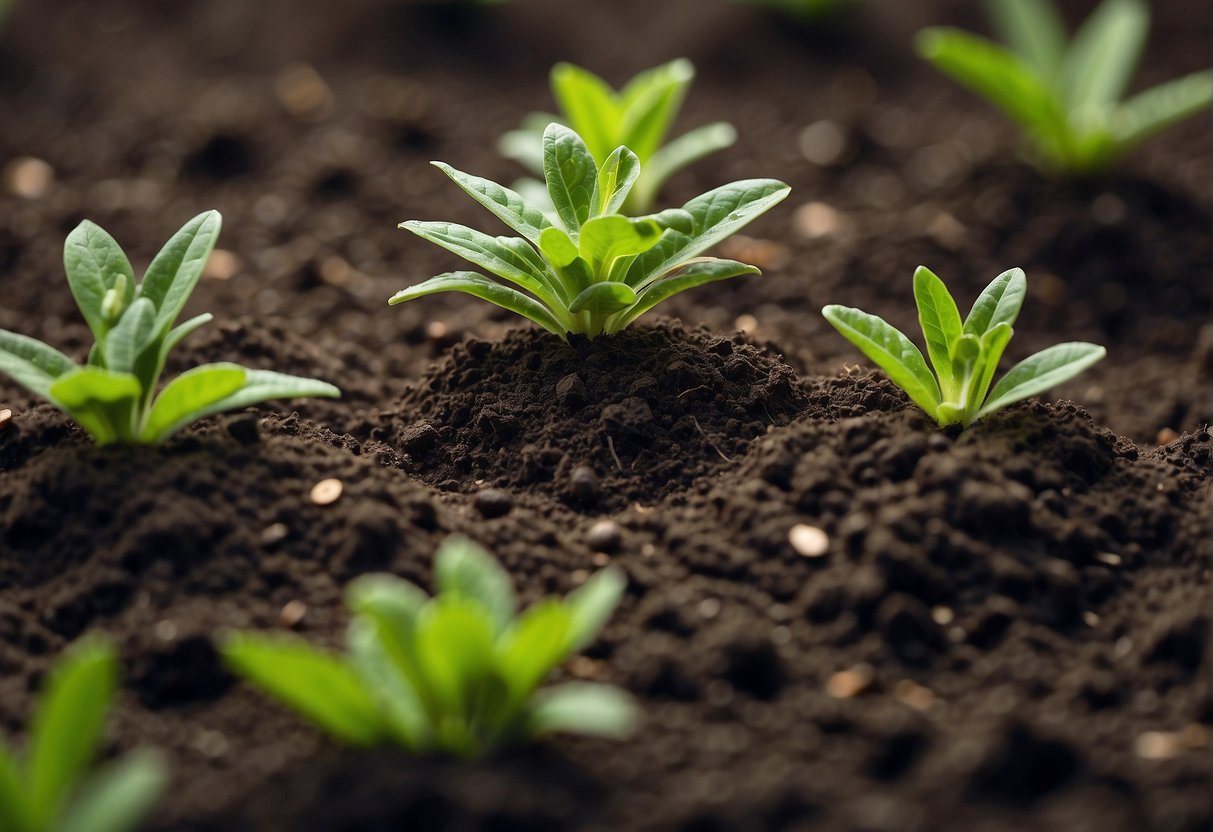
If you’re looking for a natural way to improve the health of your plants, charcoal might be just what you need. Here are some benefits of using charcoal in your garden:
Improving Soil Structure
Charcoal can improve the structure of your soil by increasing its porosity and water-holding capacity. This means that your plants will have better access to water and nutrients, and their roots will be able to grow more easily. Charcoal can also help to prevent soil compaction, which can inhibit root growth.
Enhancing Microbial Life
Charcoal can enhance the microbial life in your soil by providing a habitat for beneficial microorganisms. These microorganisms can help to break down organic matter, release nutrients, and suppress harmful pathogens.
Charcoal can also help to balance the pH of your soil, which can further promote the growth of beneficial microorganisms.
Detoxifying Soil
Charcoal can help to detoxify your soil by absorbing harmful chemicals and pollutants. This can be particularly useful if you’re growing plants in an area that has been contaminated by pesticides, heavy metals, or other toxins. Charcoal can also help to reduce the levels of harmful gases in your soil, such as methane and carbon dioxide.
In summary, using charcoal in your garden can have several benefits for your plants. It can improve soil structure, enhance microbial life, and detoxify your soil. If you’re interested in using charcoal in your garden, be sure to choose a high-quality, natural charcoal product and follow the manufacturer’s instructions for use.
How to Use Charcoal in Your Garden
Application Techniques
When using charcoal in your garden, it is important to apply it correctly to ensure that your plants receive the maximum benefit. One way to use charcoal is by mixing it into your soil. For best results, mix it in with your potting soil or garden soil at a ratio of 1:10. This will help to improve the soil structure, retain moisture, and provide nutrients to your plants.
Another way to use charcoal is by making a charcoal tea. To make the tea, mix a handful of charcoal with a gallon of water and let it sit for a few days. Once it has brewed, use the tea to water your plants. This will help to improve the soil structure, provide nutrients to your plants, and protect them from diseases.
Dos and Don’ts
When using charcoal in your garden, there are a few dos and don’ts that you should keep in mind. Here are some tips to help you get the most out of your charcoal:
Dos
- Do use natural charcoal that does not contain any additives or chemicals.
- Do mix the charcoal into your soil or make a tea to water your plants.
- Do use charcoal to improve soil structure, retain moisture, and provide nutrients to your plants.
Don’ts
- Don’t use charcoal that has been treated with lighter fluid or other chemicals.
- Don’t use too much charcoal, as it can raise the pH of your soil and harm your plants.
- Don’t rely solely on charcoal to provide nutrients to your plants. Use it in combination with other fertilizers and soil amendments.
Remember, using charcoal in your garden can be a great way to improve soil structure, retain moisture, and provide nutrients to your plants. By following these application techniques and dos and don’ts, you can ensure that you get the most out of your charcoal and help your plants thrive.
Potential Risks and Considerations
Charcoal Dust Concerns
When handling charcoal, you should be careful to avoid inhaling the dust. Charcoal dust can be harmful to your lungs, causing respiratory problems over time. To avoid this risk, you should wear a mask when handling charcoal and avoid creating dust by using wet charcoal or a charcoal briquette.
Overuse and Plant Damage
While charcoal can provide benefits to your plants, overuse can lead to problems. Excessive use of charcoal can cause soil pH to become too alkaline, leading to nutrient deficiencies in your plants.
Additionally, charcoal can absorb nutrients from the soil, so adding too much can lead to nutrient depletion. It is recommended to use charcoal in moderation and to test soil pH regularly to ensure it remains within the optimal range for your plants.
Case Studies and Research Findings
Charcoal has been found to benefit plants in many ways. Studies have shown that charcoal can act as a hub for plant succession and soil nutrient cycling in boreal forests [1]. This is because charcoal has a high surface area and can absorb and retain nutrients, making them available to plants over time. Additionally, charcoal can help improve soil structure, allowing better water and air flow to plant roots.
One study found that bamboo charcoal can affect soil properties and bacterial communities in tea plantations [2]. The study found that adding bamboo charcoal to the soil can help balance soil pH and improve soil nutrient levels, which can lead to better tea plant growth and leaf quality.
Another study found that charcoal can be used to produce biochar, which has versatile applications in various industries, including urban and green building and gardening [3]. The study found that bamboo charcoal can be a great source for producing high-quality biochar.
Overall, these studies suggest that charcoal can be beneficial for plant growth and soil health. However, it is important to note that the effects of charcoal on plants can vary depending on the type of charcoal and the specific plant species and soil conditions. Therefore, further research is needed to fully understand the potential benefits and limitations of using charcoal for plant growth.
Frequently Asked Questions
What are the benefits of using activated charcoal in potted plants?
Activated charcoal can help improve the overall health of potted plants by absorbing excess moisture and harmful toxins. It also helps to control the pH levels in the soil and can prevent the growth of harmful bacteria and fungi. Furthermore, activated charcoal can help to reduce odors and promote healthy root growth.
How can charcoal ash affect the growth of garden plants?
Charcoal ash can be beneficial for plants as it contains essential nutrients such as potassium, calcium, and magnesium. However, excessive use of charcoal ash can lead to a buildup of heavy metals in the soil, which can be harmful to plant growth. Therefore, it is recommended to use charcoal ash in moderation and to avoid using it near plants that are sensitive to heavy metals.
Which plants show a positive response to the addition of charcoal?
Many different types of plants can benefit from the addition of charcoal to their soil. Some examples include orchids, succulents, and ferns. Charcoal can help improve soil drainage and aeration while retaining moisture and nutrients, which can be particularly beneficial for plants that require well-draining soil.
Can regular barbecue charcoal be used as a fertilizer for plants?
Regular barbecue charcoal should not be used as a fertilizer for plants as it contains harmful chemicals and additives that can be toxic to plants. Instead, it is recommended to use horticultural charcoal, which is specifically designed for use in gardening and is free from harmful chemicals and additives.
What is the correct method to apply charcoal to soil for plant health?
The correct method to apply charcoal to soil for plant health is to mix it thoroughly into the soil before planting. This will help to improve soil drainage and aeration while retaining moisture and nutrients. It is important to use the correct amount of charcoal, as excessive use can lead to a buildup of heavy metals in the soil.
Does charcoal have any specific advantages when mixed into garden soil?
Yes, charcoal can have several advantages when mixed into garden soil. It can help improve soil structure and fertility, prevent soil compaction, and reduce soil acidity. Additionally, charcoal can help to control the growth of harmful bacteria and fungi, which can be particularly beneficial for plants that are prone to disease.

